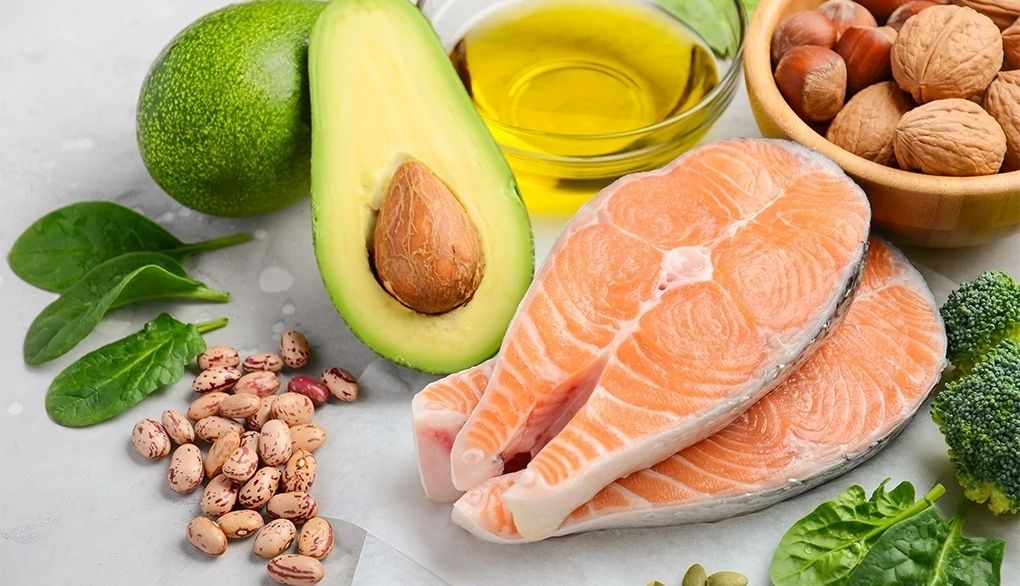Challenges


People who eat a lot of seafood, particularly so-called “fatty” fish, may be at lower risk for the loss of thinking skills that can be a result of Alzheimer’s disease. That’s why, in 2018, AARP’s Global Council on Brain Health put fish on its list of encouraged foods and recommended that people eat at least one serving of non-fried fish per week for better brain health.
“Most studies show that the equivalent of a Mediterranean diet may prevent cognitive decline,” says geriatrician and neuroscientist Howard Fillit, M.D., co-founder and chief science officer of the Alzheimer’s Drug Discovery Foundation. “Fruits and vegetables are important, as are oily fish, like salmon, that provide omega-3 fatty acids.”
And research reported in 2020 suggests that older women who eat at least one or two servings of fish per week counteract some of air pollution’s effects on the brain. Tiny air pollution particles are linked to decreased brain volume and the risk of a faster decline in thinking and memory skills with age. “Fish consumption may preserve brain volume as women age and possibly protect against the potential toxic effects of air pollution,” said Ka Kahe, M.D., professor of preventive medicine at Columbia University and senior author of the 2020 study.
Researchers speculate that it’s the omega-3s found in fish oil that serve up the brain benefits, but they don’t know for sure.
What are omega-3 fatty acids?
They’re called “essential” because you have to get them from the food you eat, according to the National Institutes of Health. They’re in salmon, mackerel and sardines; nuts and seeds; plant-derived oils, like canola oil; and certain processed foods that are enriched with the nutrient.
In your body, omega-3s are an important part of the membrane around the exterior of every cell. They give your body energy and also have roles to play in your heart, blood vessels, lungs, immune system and the glands that produce hormones. There are three main types of omega-3s: alpha-linolenic acid (ALA), eicosapentaenoic acid (EPA) and docosahexaenoic acid (DHA). DHA, for example, is found in large quantities in the eyes and the brain.













More From Staying Sharp
Guide to Brain Health Supplements
See what the research says about the effectiveness of common brain health supplements
How the Gut Microbiome Affects the Brain
Learn how your gut microbiome impacts brain health and what you can do about it
Add Dairy to Your Day
These healthy snacks will fill you up with extra benefits